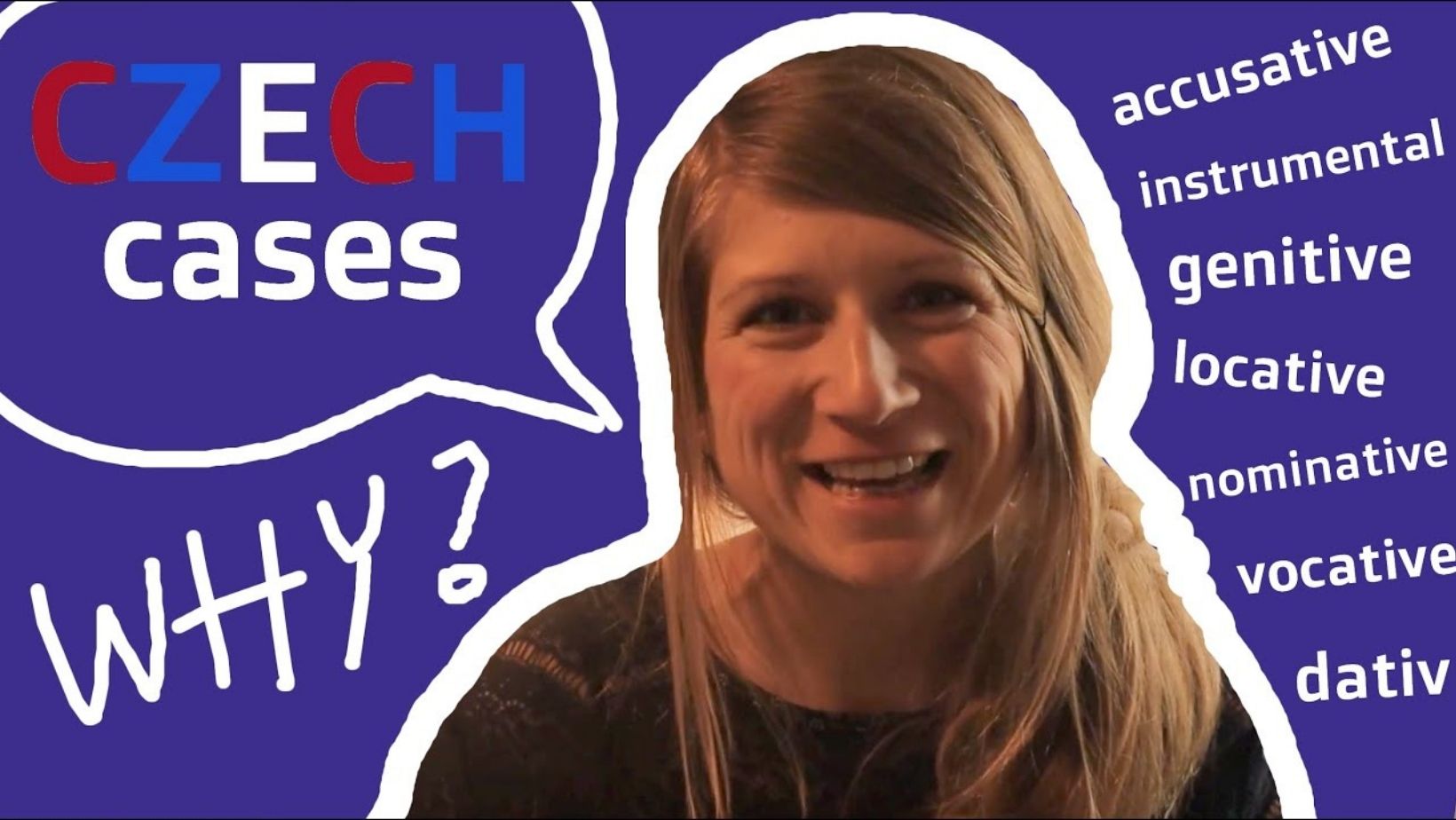“Czech is hard. You need to study grammar. You need to know the endings by heart.” Have you heard this? How many times? So many times that now it is anchored in your brain?
Well, we have good news for you. You can anchor the language in your brain in a bit of a different way.
“Why are we still studying languages focusing on grammar when 95% of people hate grammar? I know why. Because that 5% of grammar lovers will decide to study it and… become language teachers,” says Stephen Krashen.
Stephen Krashen is a linguistics expert who, for the past 40 years, has been trying to show teachers that grammar explanations and exercises don’t work. Unfortunately, because this is the way we studied at school when we were young, today we believe we need grammar and rules.
We don’t. We don’t learn the language. We acquire it.
- How do we learn to ride a bike?
- Children: Practice.
- Adults: Practice.
- How do we learn about history?
- Children: Read.
- Adults: Read.
- How do we learn a language?
- Children: Listen.
- Adults: Ehm,… study grammar?
Why do we believe that learning languages has to be hard and a struggle? Sure, you know that after “Mám rád” you need to use an accusative which means “grilovaného lososa”. How long has it taken you to learn this? Three weeks? On the contrary, how long did you need to learn “Jedno pivo, prosím.” and “Dobrou chuť”? Do you ever think about why there is “dobrou” and do you ever think about the fact that “chuť” is actually feminine? You’ve heard it so many times that today you are able to reproduce it.
And, most importantly, you are able to say it because those are the words you want to know and use. Besides, very few will need “grilovaného lososa” because the Czech Republic is an inland country. What about “stroj”? I personally never use this word. I use “přístroj” for a device or “nástroj” for a tool.
What does that mean? It means that sometimes we forget why we are learning the language and that we need to tell our teacher that we don’t want to learn all the family terms because we live here on our own. We want to speak about alcohol, nature, technology,… Everyone is different, everyone has different requirements, and every good tutor is able to adapt to any student’s request. Just ask!
On Netflix, is it more interesting to watch Reproduction of mantles or Breaking bad? Why spend time on things we don’t enjoy? So, this is the first suggestion: Learn the Czech you want to know.
My second suggestion might be even more interesting to you. Stephen Krashen says: “We acquire language in one way and only one way. When we understand messages. We call this comprehensible input. We acquire language when we understand what people tell us, not how they say it, but what they say.”
“There is an “illusion of retention” when we study vocabulary, or grammar rules, or conjugation tables, for the nth time. We think that we’re going to remember them, but we don’t. The brain acquires these things in its own way, on its own schedule,” he says.
The most effective way is to get enough comprehensible input. Listen to the Czech on your level. Watch videos in Czech on your level. Don’t memorize words and endings by heart. Get the input. Get the context. Get loads of Czech you understand without using any other language.
So here comes my third suggestion. Slowczech – a project we have created with Krashen’s recommendation in mind – has a large podcast and video library for beginners, intermediate and advanced levels. How about trying one of our podcast episode for beginners about learning to play the piano? Because as I say, the best day for learning a language is today.
-
NEWSLETTER
Subscribe for our daily news








